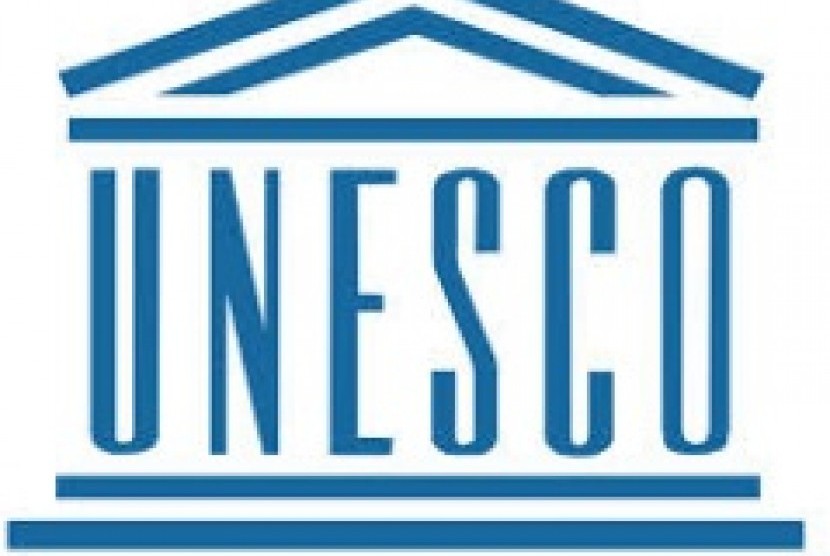REPUBLIKA.CO.ID, SURABAYA -- The United Nations Educational, Scientific and Cultural Organization (UNESCO) has been in partnership with Surabaya-based Sepuluh Nopember Institute of Technology (ITS) to develop Education for Sustainable Development (ESD) project in kampongs and schools.
UNESCO had invited the ITS to jointly develop the project because the institute had been successful in initiating kampong-based programs in Surabaya, ITS spokesperson Dr Agnes Tuti Rumiati said here, Sunday.
For the school program, the ITS has learned from Adiwiyata Green School Action Project (GSAP)which integrates thematic curricula with various innovations for character building in schools.
The ESD program in Surabaya has been copied in Mataram, West Nusa Tenggara (NTB) as a pilot project, she said.
"The results have been quite significant. Schools and communities in Mataram which have applied the program particularly, have enjoyed the benefits and experienced significant changes," she remarked.
The Surabaya project has been implemented over the last two years, and is now being evaluated in its final year.
"The results are very much useful, and UNESCO has invited Malaysia, Fiji and several other Pacific countries to duplicate the program" she noted.
ESD National Coordinator of the Indonesian National Commission for UNESCO (KNIU) Prof. Ir. Noor Endah Mochtar, M.Sc., Ph.D, said the ESD project is Indonesia's contribution and participation in sharing experiences and success in education and cultural fields.
She explained that the ITS has been involved the ESD project because the institute has been successful in improving kampongs and empowering local communities in Surabaya.
"The experiences in Surabaya schools and kampongs have been duplicated in kampongs and schools in Mataram, NTB," she stated.
ESD increases civil capacity by enhancing and improving society, through a combination of formal, non-formal and informal education.
It has essential characteristics that can be implemented in many culturally appropriate forms.
Education for Sustainable Development is based on the principles and values that underlie sustainable development;
deals with the well-being of all four dimensions of sustainability ? environment, society, culture and economy; and is locally relevant and culturally appropriate.
It is based on local needs, perceptions and conditions, but acknowledges that fulfilling local needs often has international effects and consequences.
ESD is not a particular program or project, but is rather an umbrella for many forms of education that already exist, and new ones that remain to be created.


